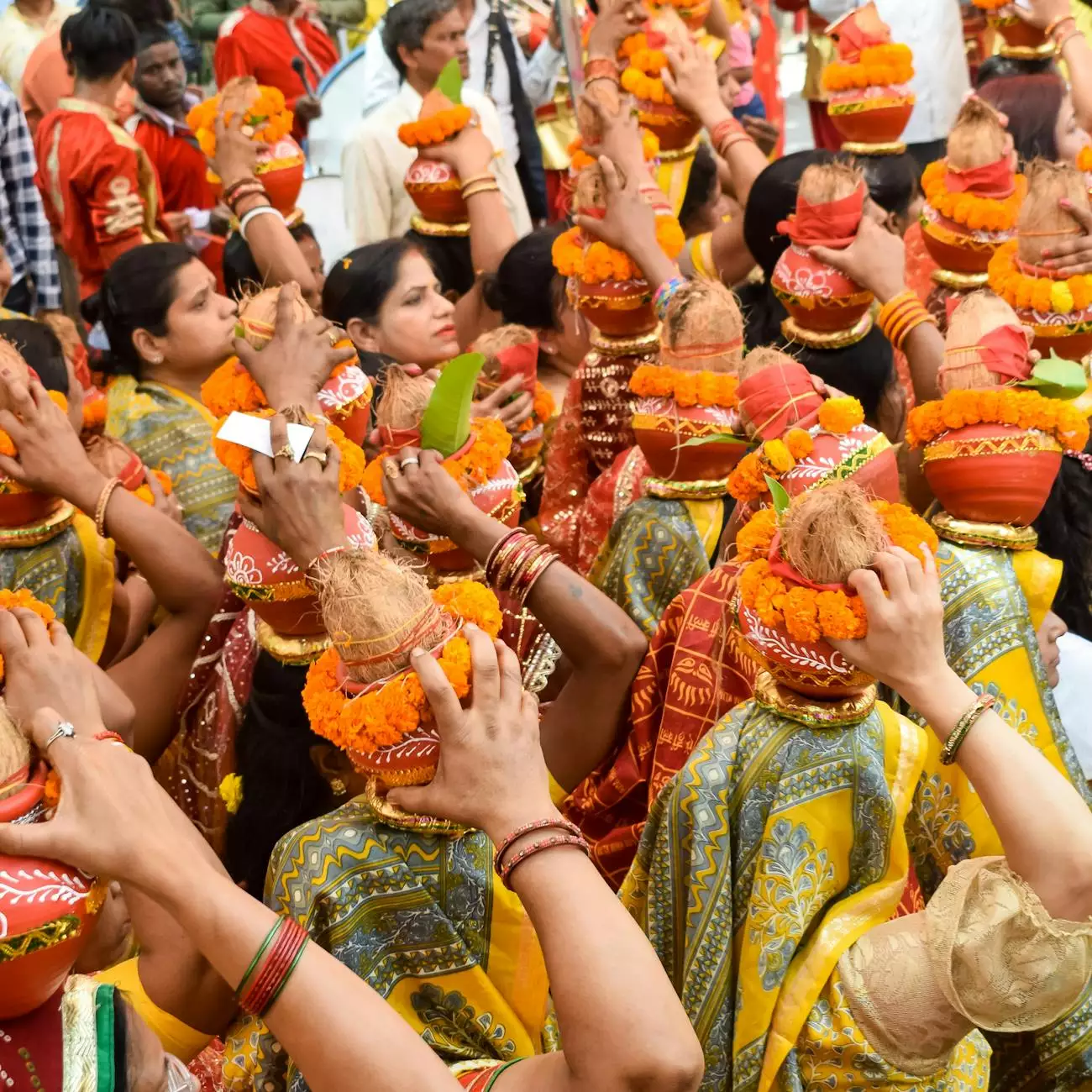The Strength of Community: Embracing the Legacy of the Black American Church

The Black American Church has long been a cornerstone of African American spiritual life, offering a sanctuary for worship, a platform for social justice, and a vibrant space for community development. This article will delve into the rich history, significant impact, and ongoing contributions of the Black American Church within the communities it serves. We will explore how these institutions are not just religious establishments but also pivotal in driving social change and fostering cultural pride.
Historical Context: The Birth of the Black American Church
The origins of the Black American Church can be traced back to the painful era of slavery. As enslaved Africans were denied access to the worship traditions of their masters, they formed their own spiritual practices, which mixed African traditions with Christian teachings. This led to the development of a spiritual culture that would eventually blossom into what we now recognize as the Black church movement.
The first independent Black church, the African Methodist Episcopal (AME) Church, was founded in 1816 by Richard Allen in Philadelphia. This marked a pivotal moment, signaling the beginning of an organized effort to provide a space for African Americans to worship freely and engage in their spiritual practices. As the 19th century progressed, many other denominations emerged, including the National Baptist Convention and the Church of God in Christ, further strengthening the fabric of the Black American religious landscape.
The Role of the Black American Church in the Community
The Black American Church has played an integral role in shaping communities and cultivating a sense of belonging. Here are some of the ways these organizations make an impact:
- Spiritual Leadership: Providing guidance and support to congregants, helping them navigate life's challenges through faith.
- Education: Offering educational programs, including schools, literacy initiatives, and scholarships, empowering future generations.
- Social Justice Advocacy: Standing at the forefront of the civil rights movement and continuing to advocate for equality and justice today.
- Community Development: Engaging in outreach programs that address local needs, from food banks to health clinics.
- Cultural Celebration: Honoring African American heritage and traditions through music, dance, and arts that enrich community life.
Spiritual Leadership: More than Just Sunday Services
Leaders of the Black American Church, especially pastors and elders, often serve as community leaders, guiding their congregants not only in spiritual matters but also in practical life challenges. They play a vital role in providing pastoral care, counseling, and support during times of need. Their sermons often reflect the struggles of the community, addressing issues such as socio-economic challenges, mental health awareness, and the importance of resilience through faith.
Education Initiatives: Empowering Future Generations
Education is a significant focus for many Black American churches. They play a critical role in fostering academic excellence and lifelong learning. Many churches have established private schools and educational programs aimed at improving literacy and academic achievement among African American youth. These initiatives not only help to break the cycle of poverty but also equip young people with the tools they need to succeed in a competitive world.
Social Justice Advocacy: A Legacy of Protest and Service
Historically, the Black American Church has been at the forefront of social justice movements, advocating for civil rights and social change. Influential leaders like Martin Luther King Jr. emerged from the church community, using their platforms to fight for equality and justice. Today, churches continue to engage in activism, addressing contemporary issues such as police brutality, voting rights, and economic disparities, ensuring the fight for equality persists across generations.
Community Development: Serving Those in Need
The role of the Black American Church extends beyond spiritual matters to include active community service. Many churches are involved in initiatives that provide food assistance, housing support, health screenings, and substance abuse counseling. These services are vital, especially in under-resourced communities, and they reflect a commitment to serving as a resource and refuge for those in need.
Cultural Celebration: Preserving Heritage and Tradition
An important aspect of the Black American Church is its commitment to celebrating African American culture. Through music, worship styles, and cultural events, churches become spaces where traditions are honored and preserved. Gospel music, in particular, has its roots in the Black church and continues to be a powerful medium for expression and spiritual connection.
The Modern Transformation of the Black American Church
As we advance into the 21st century, the Black American Church is undergoing significant transformation. With shifts in demographics and technology, many congregations are adapting to meet the needs of their communities. Notably, the rise of digital platforms has allowed churches to reach wider audiences, providing services online and engaging younger generations.
Digital Integration: Reaching Beyond the Walls
The COVID-19 pandemic accelerated the trend of virtual services, forcing many congregations to pivot quickly. Today, many churches offer live streaming of services, online Bible studies, and community events that utilize social media. This digital integration not only keeps congregants connected but also opens the doors for new members to join from anywhere in the world.
Engaging Youth: A Fresh Take on Tradition
Engaging younger generations is crucial for the longevity of the Black American Church. Many churches now incorporate modern worship styles, contemporary music, and relevant sermons that resonate with the youth. They are also focusing on issues that matter to younger members, such as climate change, social justice, and mental health.
Challenges Facing the Black American Church Today
Despite its many strengths, the Black American Church faces significant challenges:
- Declining Membership: Many traditional churches are experiencing a decline in membership, particularly among younger individuals.
- Financial Constraints: Economic hardships can strain church resources, limiting outreach and community services.
- Changing Cultural Norms: As society evolves, some churches struggle to adapt to the changing beliefs and values of their congregants.
- Leadership Transitions: Generational shifts in leadership present challenges in maintaining a cohesive vision and mission.
Conclusion: The Enduring Legacy of the Black American Church
The Black American Church is more than just a place of worship; it is a vital institution that supports and uplifts its community. From its historical roots to its modern transformations, it continues to serve as a beacon of hope, a driver of social change, and a guardian of cultural heritage. While challenges abound, the dedication of church leaders and congregants ensures that the legacy of the Black church will endure, continuing to shape lives and communities for generations to come.
As we look to the future, it is essential for the Black American Church to embrace innovation while honoring its past. This balance will allow it to maintain its vital role in society, serving as a haven for the spiritual and community needs of African Americans, and reminding all of us of the enduring power of faith, community, and resilience.
For more information and resources, visit Bridge Church NYC.









